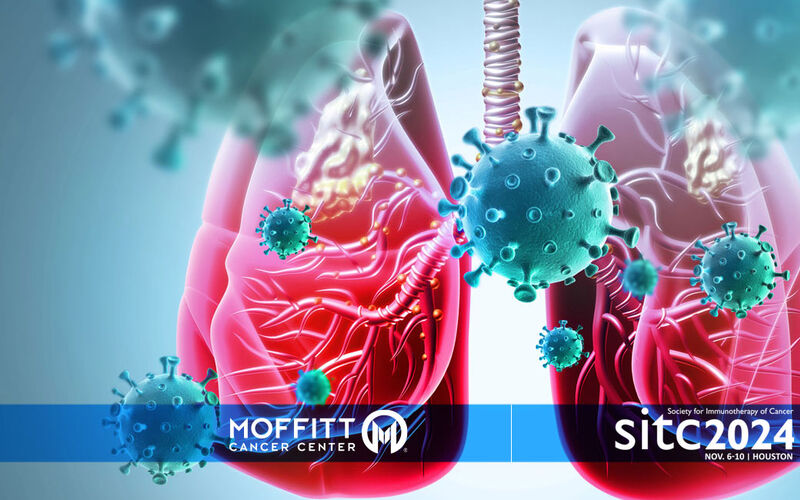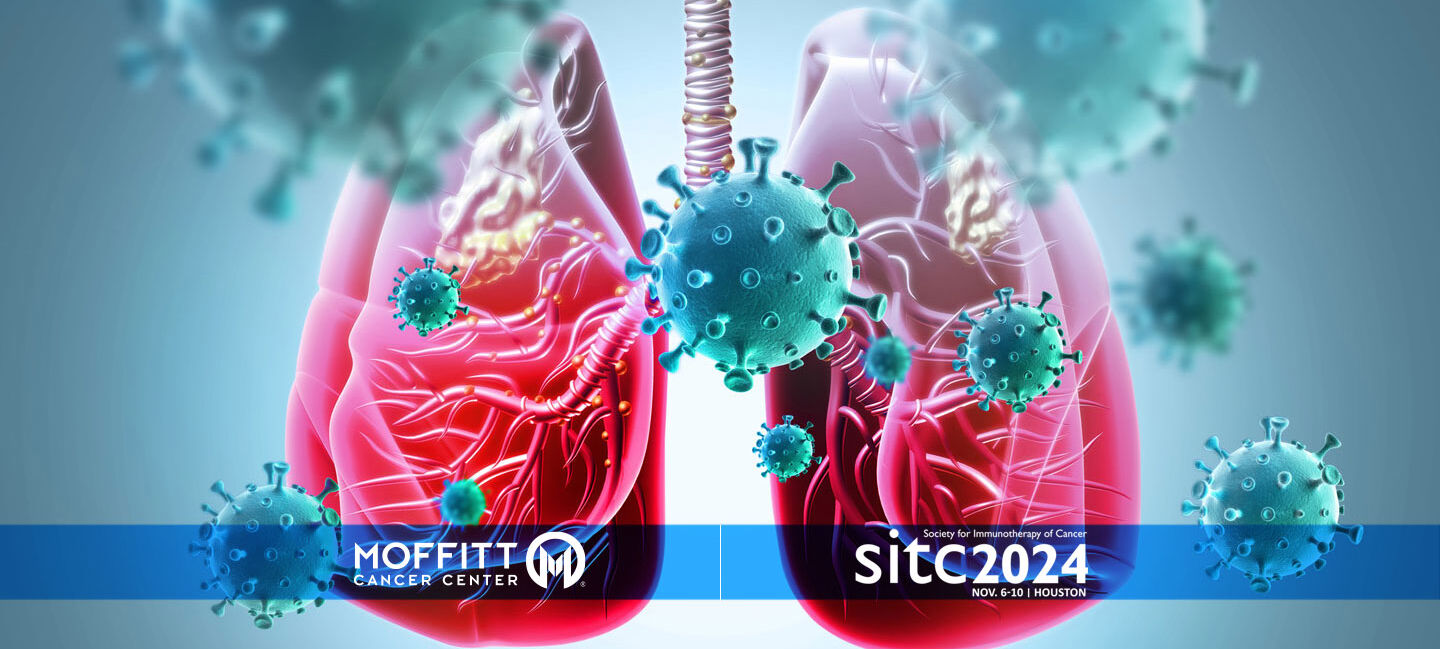New Cancer Vaccine May Boost Immunotherapy in Treating Lung Cancer
Non-small cell lung cancer is the most common type of lung cancer, accounting for about 85% of cases. While treatment advances have improved outcomes for some patients, advanced non-small cell lung cancer remains challenging to treat, especially when tumors have high levels of PD-L1, a protein that helps cancer evade immune defenses. Traditional chemotherapy approaches can have significant side effects, but newer immunotherapy treatments like pembrolizumab, which boosts the immune system’s ability to target and destroy cancer cells, have proved beneficial. However, they may not work for every patient.
A new phase 2 study is evaluating whether combining a novel therapeutic cancer vaccine, IO102-IO103, with pembrolizumab could enhance the immune system’s ability to target PD-L1 high non-small cell lung cancer. The IO102-IO103 vaccine activates T cells by targeting indoleamine 2,3-dioxygenase 1 (IDO1) and PD-L1 positive cells within tumors. This approach aims to create a more comprehensive immune response, attacking the cancer cells and the surrounding immune-suppressive environment that often helps shield tumors from immune detection. Early results presented at the Society for Immunotherapy of Cancer annual meeting suggest this combination may generate a stronger immune response, potentially providing a more effective treatment for patients with PD-L1 high non-small cell lung cancer.
Among the 31 trial participants, the combined treatment yielded an overall response rate of 48.4%, with one patient achieving a complete response and 14 experiencing partial responses. This represents an improvement over historical response rates for pembrolizumab alone in similar patient populations. Additionally, 61% of patients in the trial had not seen disease progression six months after starting the treatment.

Ben Creelan, MD
“The combination of the IO102-IO103 vaccine with pembrolizumab provides a chemotherapy-free approach, which is exciting for patients with advanced lung cancer,” said Ben Creelan, MD, a medical oncologist in Moffitt Cancer Center’s Thoracic Oncology Department. “It’s an approach that shows a promising signal of activity with a manageable safety profile.”
The combination treatment was generally well tolerated, with side effects aligning with those observed in patients receiving pembrolizumab alone. Mild injection site reactions were the most common side effect, with only a few patients experiencing serious adverse events. Researchers will continue to follow participants to evaluate the vaccine combination’s long-term benefits and potential survival advantages.
“Since these were all PD-L1 strongly positive tumors, it’s difficult to say for certain how much the vaccine is adding. Nonetheless it seems better than historical expectations and merits further study,” Creelan said.
The enthusiasm for our Phase 2 basket study of our lead investigational therapeutic cancer vaccine investigating IO102-IO103 in combination with pembrolizumab as first line treatment in patients with advanced non-small cell lung cancer and pre-clinical data supporting the… pic.twitter.com/SO56LRcAtR
— IO Biotech (@IOBiotech) November 10, 2024




